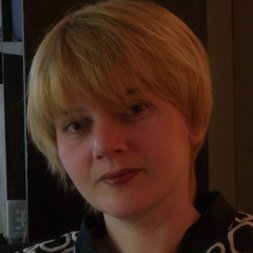PLOS Pathogens has retracted a paper by a former group at Harvard following a postdoc’s allegations the work contained manipulated data.
The retracted paper, “Pseudomonas aeruginosa–induced nociceptor activation increases susceptibility to infection,” appeared in 2021 from the lab of Mihaela Gadjeva, an immunologist previously based at Brigham and Women’s Hospital and Harvard Medical School in Boston. It has been cited 22 times, according to Clarivate’s Web of Science.
According to her LinkedIn profile, Gadjeva had been employed at Brigham and Women’s hospital for 16 years until her departure at some point in 2022. Since then, she has been an associate director of bacteriology at Moderna.
Continue reading Former Harvard researcher, now at Moderna, loses paper following postdoc’s report




